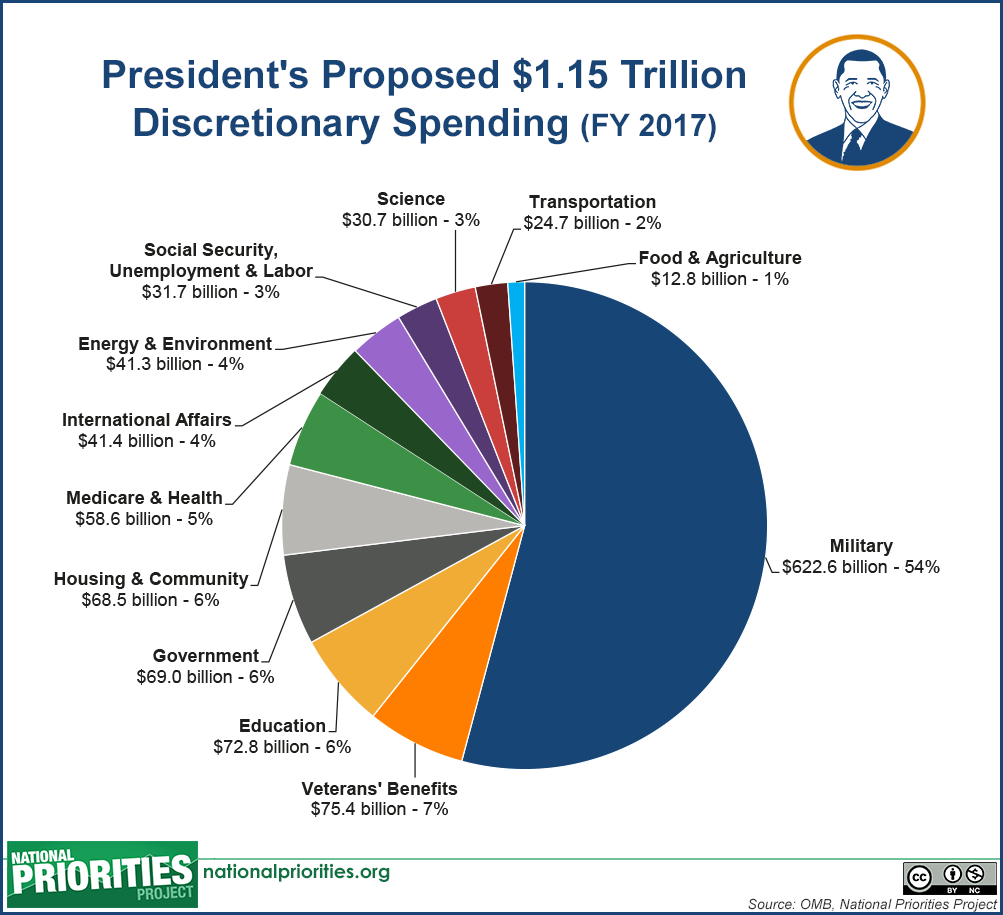I see you don't get it. What a shame.
No, actually, it is YOU that doesn't get it. One has to do with legal rights, the other, enshrined in the Constitution, has to do with natural rights.
Marriage is an institution created by either a religious bureaucracy or a government bureaucracy and defined in anyway they wish to define it.
The right to self-defense has long been understood as a
natural right, and can only be suppressed by the power of tyranny and a police state.
Ideally, we should dissolve most of the military, and most men should arm themselves to keep this nation free.
If we did this, we could end the Pentagon's wasteful spending.
We could probably cut the military spending in half if we went with the old ways for doing things;
(And resolve this stupid Gun Control debate at the same time)
Natural Rights, Common Law, and the English Right of Self-Defense
By Saul Cornell
Saul Cornell is a professor of history at Fordham University. He is one of the nation’s leading authorities on early American constitutional thought, and the author of A Well-Regulated Militia: The Founding Fathers and the Origins of Gun Control in America.
Natural Rights, Common Law, and the English Right of Self-Defense
"Rather than close the book on historical argument about the meaning of the Second Amendment, Heller has elevated the importance of history to future gun litigation. “Although we do not undertake an exhaustive historical analysis today of the full scope of the Second Amendment,” Justice Scalia wrote in Heller, “nothing in our opinion should be taken to cast doubt on longstanding prohibitions.” Justice Scalia’s formulation of the scope of the right to bear arms seemed to suggest that if a regulation had deep historical roots, it would be considered “presumptively lawful.” Understanding the history of firearms regulation seems likely to be crucial to the resolution of future litigation on gun rights and gun control.
It seems unlikely that any significant piece of gun regulation able to survive the political process would ever be struck down on Second Amendment grounds. Handgun bans clearly are out of bounds according to Heller, but hardly any other gun laws have been struck down in the wake of the decision. Over seven hundred cases have been tried, and few regulations have failed to pass constitutional muster. The politics of gun control and gun rights remains divisive. Federal gun regulation seems stalled. There has been considerable activity at the state level, but two opposite trends have emerged. Pro-gun states have expanded gun rights and pro-gun regulation states have passed new, more stringent laws. Although the subject of the Second Amendment and gun regulation continue to inspire vigorous public debate, the actual legal impact of Heller thus far has been quite modest. Although no challenges to recent state gun laws have been mounted, these seem unlikely to prevail. If history is any guide, states will continue to have considerable latitude to legislate in this area as long as laws do not interfere with the right to use a handgun in the home for purposes of lawful self-defense. Courts have not rushed to strike down gun regulations after Heller and there is no indication that things will be much different in the future."
